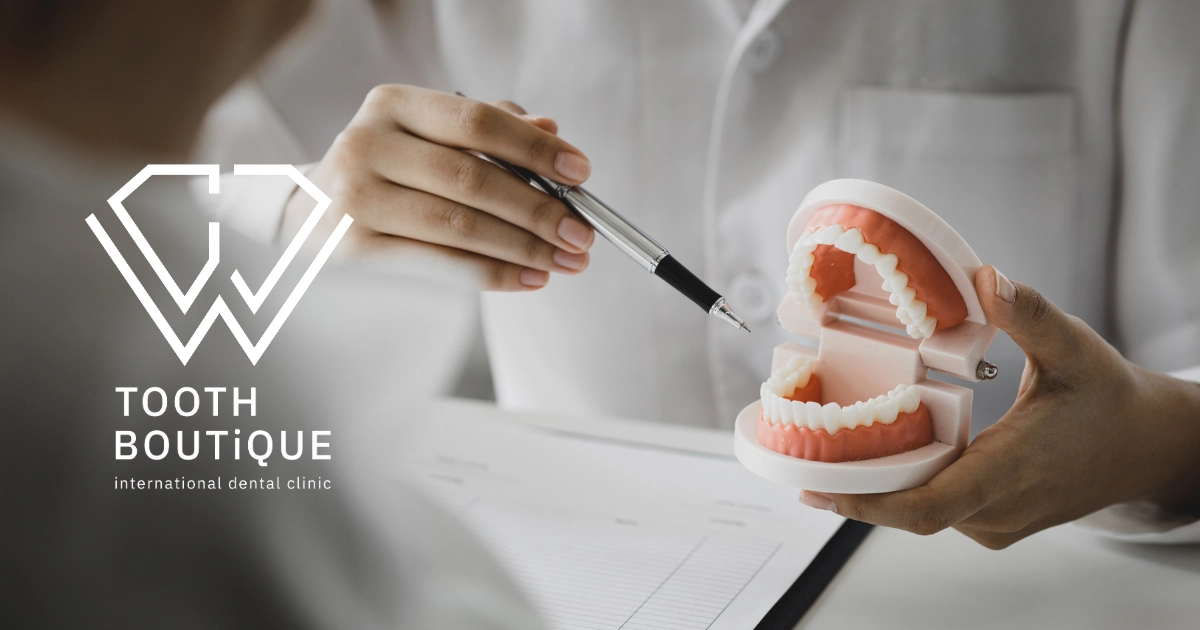Comparing Dental Implants and Dentures: Are They Worth the Investment?
Dental implants and dentures are two main options for replacing missing teeth. This article compares their advantages, disadvantages, and cost-effectiveness to help patients make an informed decision.
รากฟันเทียม ฟันปลอมWhat are dental implants and dentures?
When it comes to replacing missing teeth, patients typically have two main options: dental implants and dentures. Each option has its own benefits, drawbacks, and cost considerations.
A dental implant involves placing a titanium post into the jawbone to serve as an artificial tooth root, followed by the attachment of a custom-made crown that mimics the appearance of a natural tooth. Dentures, on the other hand, are prosthetic devices designed to replace missing teeth and can be either removable or fixed.
Pros and cons of dental implants
Dental implants offer the closest experience to natural teeth, as they integrate securely with the jawbone and provide excellent functionality.
Pros:
- Feels and functions like natural teeth
- Does not rely on adjacent teeth for support
- Prevents bone loss in the jaw
- Long-lasting and highly durable
Cons:
- Higher initial cost compared to dentures
- Requires a longer treatment period to allow for bone integration
- Involves a surgical procedure
Pros and cons of dentures
Dentures have long been a popular solution for tooth replacement and come in both removable and fixed types.
Pros:
- More affordable than dental implants
- Faster process, as there is no need to wait for bone integration
- Suitable for patients with insufficient jawbone for implants
Cons:
- May shift or loosen while speaking or eating, especially removable dentures
- Does not prevent jawbone deterioration
- Requires adjustments or replacement over time as bone and gum structures change
Cost considerations: Which option is more worthwhile?
In the short term, dentures are significantly more affordable than dental implants. However, in the long run, dentures may require replacements or adjustments due to changes in the jawbone, leading to accumulated costs over time.
While dental implants have a higher upfront cost, they can last for decades with proper care, making them a more cost-effective investment in the long term.
Which option should you choose? Advice from a dentist
The choice between dental implants and dentures depends on several factors, including oral health, budget, and maintenance preferences.
If you want the most natural and functional replacement for missing teeth and are willing to invest in a long-term solution, dental implants are the ideal choice.
However, if budget constraints or medical conditions prevent you from undergoing surgery, dentures remain a viable option, especially for elderly patients or those with significant bone loss.
Recently, a patient came in to consult about getting dentures. He wanted a non-surgical option but was concerned about whether dentures would be strong enough. I asked him, "If you compare it to shoes, dentures are like flip-flops—comfortable and easy to take off, while dental implants are like high-quality leather shoes—durable but requiring proper care. Which one do you prefer?"
He laughed and said, "I like leather shoes, but they’re more expensive, right?" I nodded and replied, "Yes, but if you take care of them, they’ll last for many years." In the end, he chose dental implants and told me, "I should have just listened to you from the start!"
Ultimately, whether you choose dentures or dental implants, the most important thing is selecting what best suits your oral health and lifestyle. If you need guidance, I’d be happy to help!
Knowledge
Author : Dr. Win Hiriotappa
Published : 18 February 2025 at 17:19
Updated : 5 April 2025 at 06:04





